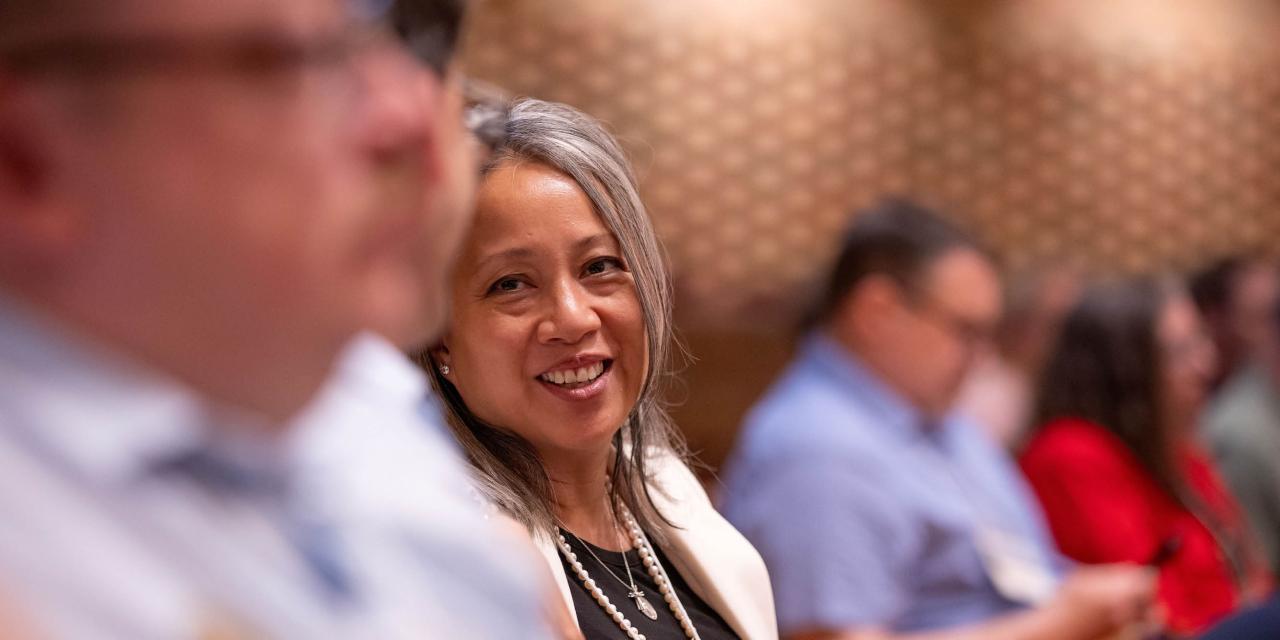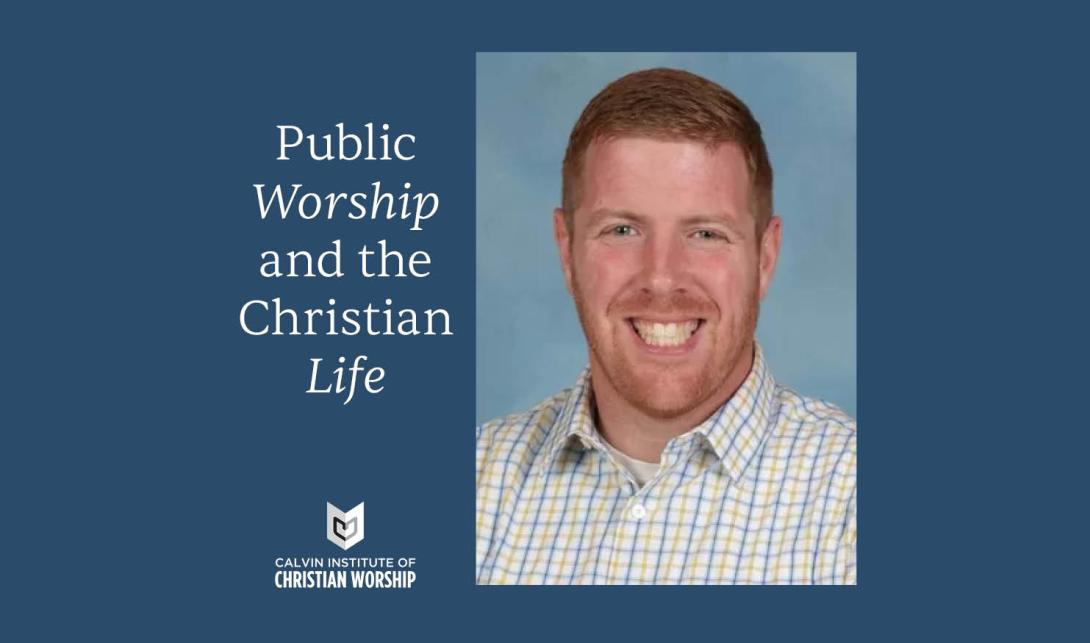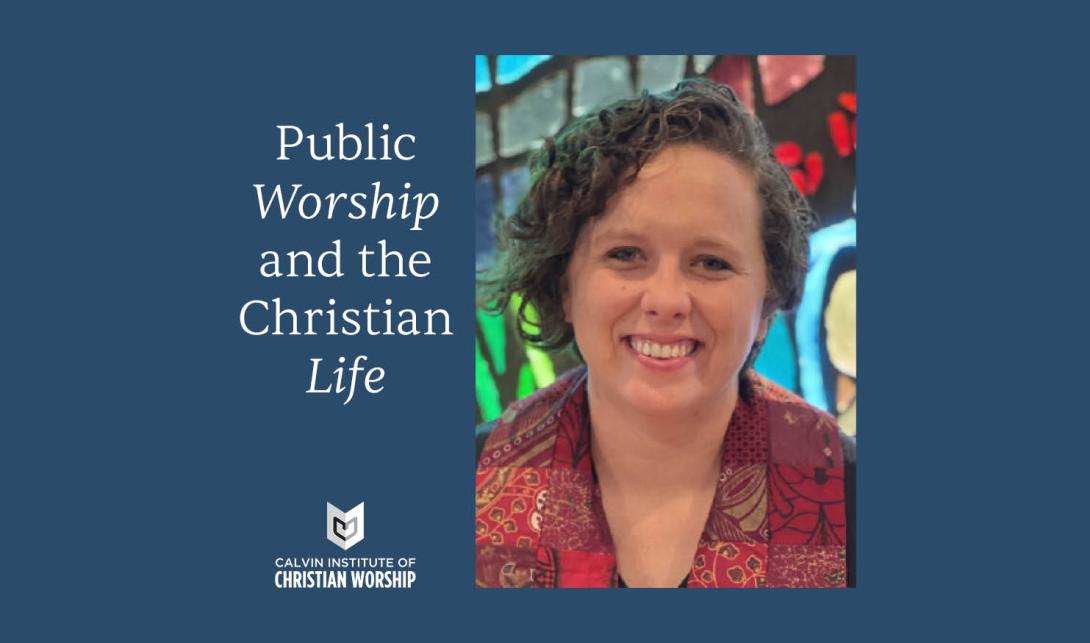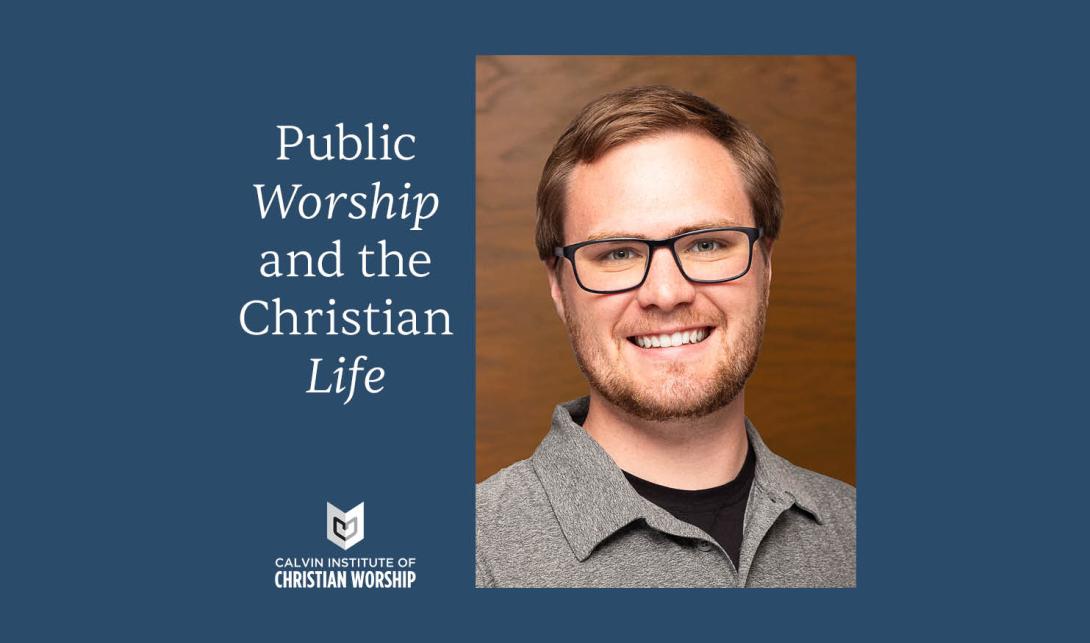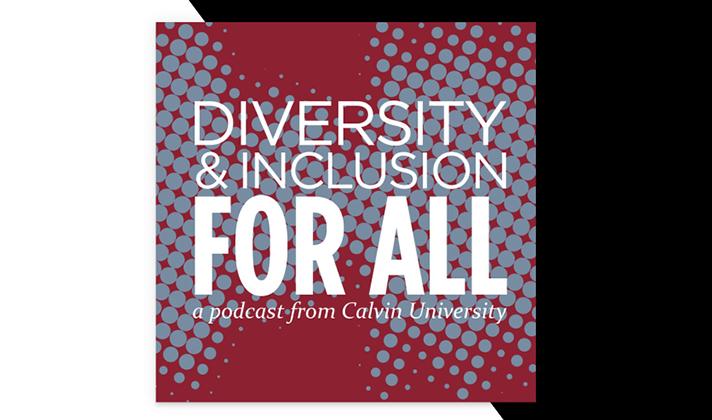The Church has a long history of suggesting that disability has no place in God’s coming kingdom. Theologian Amos Yong, in his The Bible, Disability, and the Church, writes “if there are no disabilities in the life to come, then that implicitly suggests that our present task is to rid the world of such unfortunate and unwarranted realities.” Perhaps this is one reason that, in the US, individuals with disabilities are significantly less likely to attend church than are those who are non-disabled. This short documentary begins to explore what it might look like to think that at least some disabilities might have a place in heaven. It’s my hope that this can help the Church recognize the value that people with disabilities can have in our communities now.
-Kevin Timpe, PhD, William H. Jellema Chair in Christian Philosophy, Calvin College
This documentary was produced by the Center for Philosophy of Religion at the University of Notre Dame.
See a related academic paper by Kevin Timpe: Defiant Afterlife–Disability and Uniting Ourselves to God
